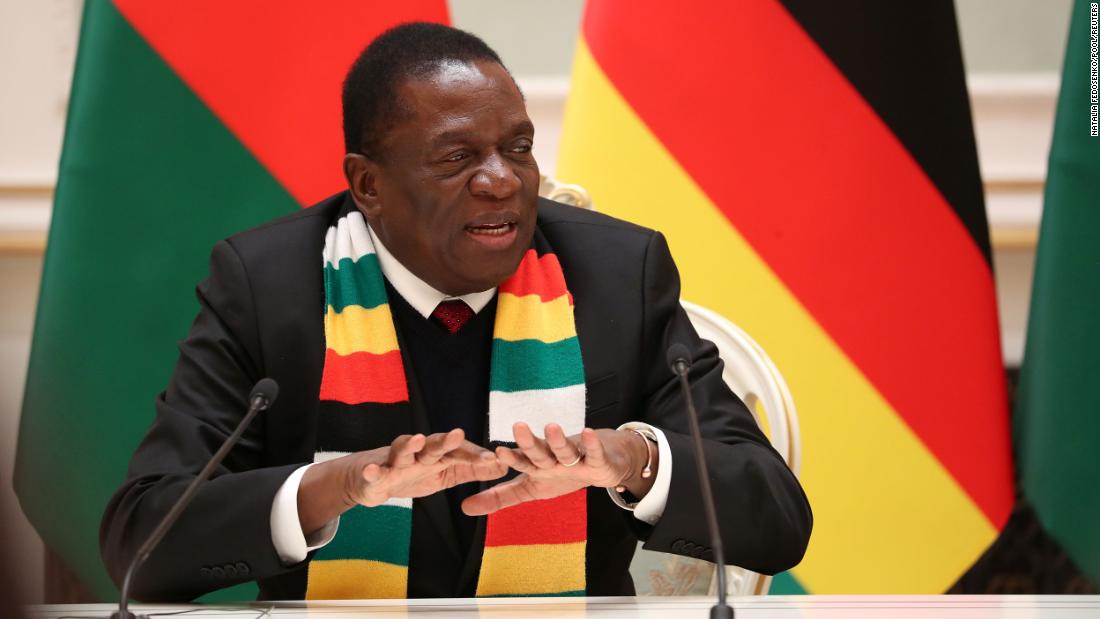
“This momentous occasion is historic in many ways, bringing closure and a new beginning in the history of land discourse in our country Zimbabwe,” said current President Emmerson Mnangagwa, after signing the agreement in the State House with Andrew Pascoe, the president of The Zimbabwe Commercial Farmers Union.
“After almost 20 years of conflict over the land issue, representatives of farmers who lost their lands through the fast-track reform program and government representatives have been able to meet to see a resolution of this conflict. For This is nothing short of a miracle for me. It has been a dream for me to see this day, “said Pascoe.
Under the agreement, 50 percent of the $ 3.5 billion would be paid within 12 months from the day of signing, while the balance is paid within five years.
Economists agree that the Zimbabwean government, with little money after years of hyperinflation and allegations of mismanagement, cannot afford to make the compensation.
In a statement, the finance ministry said they will issue long-term bonds and that the parties will approach international donors to try to raise the funds.
The agreement does not compensate farmers for the value of the land, but rather for the infrastructure that the owners lost.
“The Zimbabwean government has no obligation to compensate for the land acquired. Our agreement does not create any responsibility in this regard,” said Mnangagwa.
John Robertson, a freelance economist, says Zimbabwe’s land problem is far from over as the cash-strapped government has yet to get the money for compensation.
“Are our priorities biased? In the midst of a pandemic without doctors or nurses in hospitals. Now do we jump to farmers? Yes, there is an obligation to pay. Where is the money? We can sign many agreements, but this one for now it just seems like an intention to pay admission, “said Robertson, a well-known critic of the Zimbabwean government.
Health workers in Zimbabwe’s hospitals disagree with the government over wages. The nurses union protested last month asking the government to increase their wages.
Mnangagwa has taken several steps to reconcile with white commercial farmers since taking office, in part to help revive the crisis economy.
.